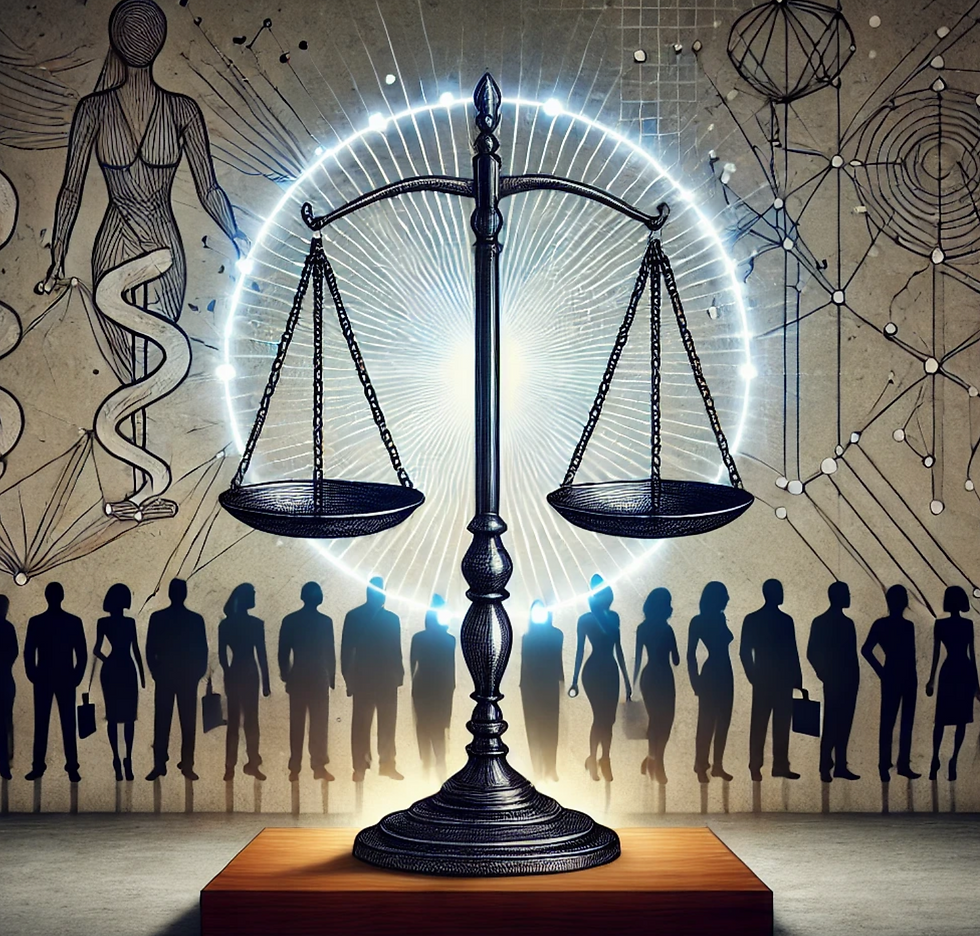
Justice
Introduction to Justice:
Define justice as the act of upholding principles of fairness and equity in dealing with others.
Explain that justice involves ensuring that everyone is treated fairly, with equal opportunities and rights, and that wrongs are righted in a fair manner.

What Does the Value Mean?
Understanding Justice:
Justice means advocating for what is right and fair, ensuring that all people are treated with dignity and respect.
It’s about standing up against injustice, discrimination, and inequality, and working towards a society where everyone has a fair chance.
Discuss how justice is a central theme in Catholic teachings, where it is closely tied to the concepts of love, mercy, and the common good.
Examples of the Value
Real-Life Examples of Justice:
Share stories of individuals known for their commitment to justice, such as St. Oscar Romero, who spoke out against social injustice and defended the poor and oppressed.
Mention situations in school where justice is important, such as ensuring fair treatment in sports, classroom decisions, or addressing bullying.
Use examples from history or current events where justice has been a key issue, such as civil rights movements or legal cases that have impacted society.
Why Do We Need This Value?
The Importance of Justice:
Explain that justice is essential for building a society where everyone feels valued and respected, regardless of their background or circumstances.
Discuss how justice promotes peace and harmony, as it ensures that conflicts are resolved fairly and that everyone’s rights are protected.
Highlight how a commitment to justice helps to reduce inequalities and create opportunities for all people to succeed and thrive.
Examples of How This Value Can Apply to Us on a Daily Basis
Applying Justice in Daily Life:
Encourage students to practice justice by standing up for what is right, treating others with fairness, and advocating for those who are treated unfairly.
Discuss the importance of making fair decisions, being honest, and treating others with respect, both in and out of school.
Suggest ways to demonstrate justice daily, such as by supporting fair policies, speaking out against discrimination, and ensuring that everyone is included and treated equally.
Add Final Thoughts on the Value
Final Reflection:
Emphasize that justice is a cornerstone of a moral and ethical society, where everyone is treated with fairness and dignity.
Encourage students to see justice as a lifelong commitment to making the world a better place for all people, regardless of their differences.
Conclusion or Takeaway
Conclusion:
Summarize the key points: justice as fairness and equity, its role in promoting a just society, and its importance in protecting the rights and dignity of all people.
Challenge students to practice justice in their daily lives, recognizing it as a responsibility that contributes to the common good.
End with a quote on justice, such as "Injustice anywhere is a threat to justice everywhere" (Martin Luther King Jr.).